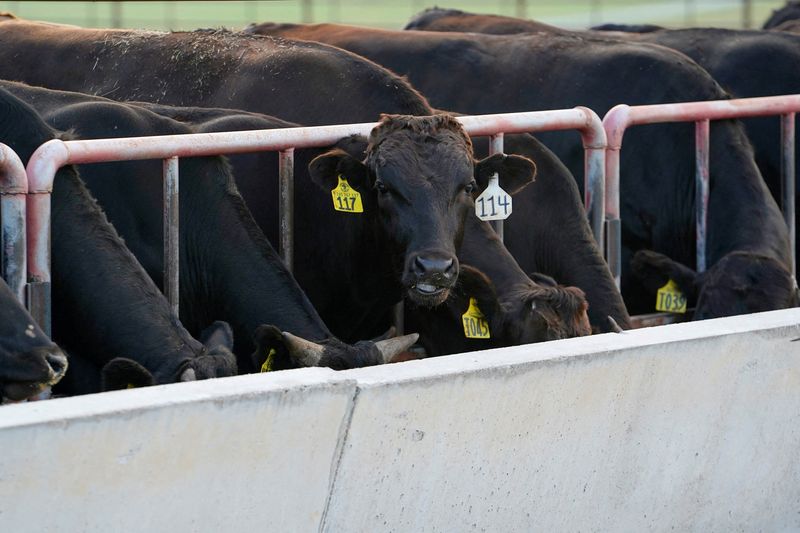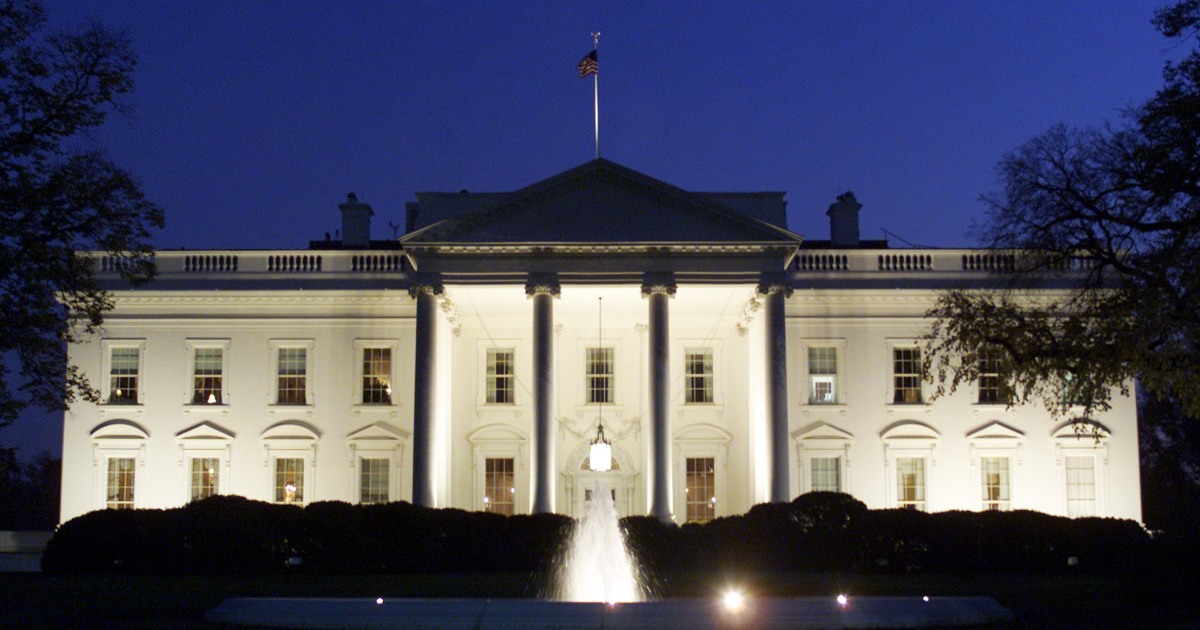By Renju Jose
SYDNEY (Reuters) -Australia lifted on Thursday strict biosecurity restrictions on beef imports from the U.S. after an extensive scientific and risk review, likely removing a key concern for U.S. President Donald Trump‘s administration over bilateral trade.
Agriculture Minister Julie Collins said Australia was satisfied with the measures put in place by the United States to effectively manage biosecurity risks.
“The U.S. Beef Imports Review has undergone a rigorous science and risk-based assessment over the past decade,” Collins said in a statement.
“The … government will never compromise on biosecurity.”
News of Australia lifting the curbs was first reported by the Australian Financial Review. The report said Australia will use the easing of rules to argue its case for the United States to wind back 50% tariffs on steel and aluminium and Trump’s threat to impose a 200% tariff on pharmaceuticals.
Trump in April singled out the beef trade disparity after Australia’s beef exports to the United States surged last year, reaching A$4 billion ($2.64 billion) amid a slump in U.S. beef production.
Prime Minister Anthony Albanese in April had ruled out relaxing Australia’s strict biosecurity rules during tariff talks with the United States.
Since 2003, Australia has curbed entry of U.S. beef after detecting bovine spongiform encephalopathy, or mad cow disease. It lifted some restrictions in 2019.
Australia allows entry if the cattle were born, raised, and slaughtered in the United States, though few shippers can prove these requirements, as cattle frequently move between the United States, Canada, and Mexico.
The United States has introduced more tracking methods since last year to identify and trace all cattle from Mexico and Canada to the farm and through the supply chain.
Australia views its strict biosecurity rules as safeguarding its disease-free cattle, helping it preserve access to lucrative markets such as Japan and South Korea, while Australian beef is prized by U.S. fast-food chains for its lower fat content and competitive prices.
($1 = 1.5152 Australian dollars)
(Reporting by Renju Jose in Sydney; Editing by Jamie Freed and Rod Nickel)


